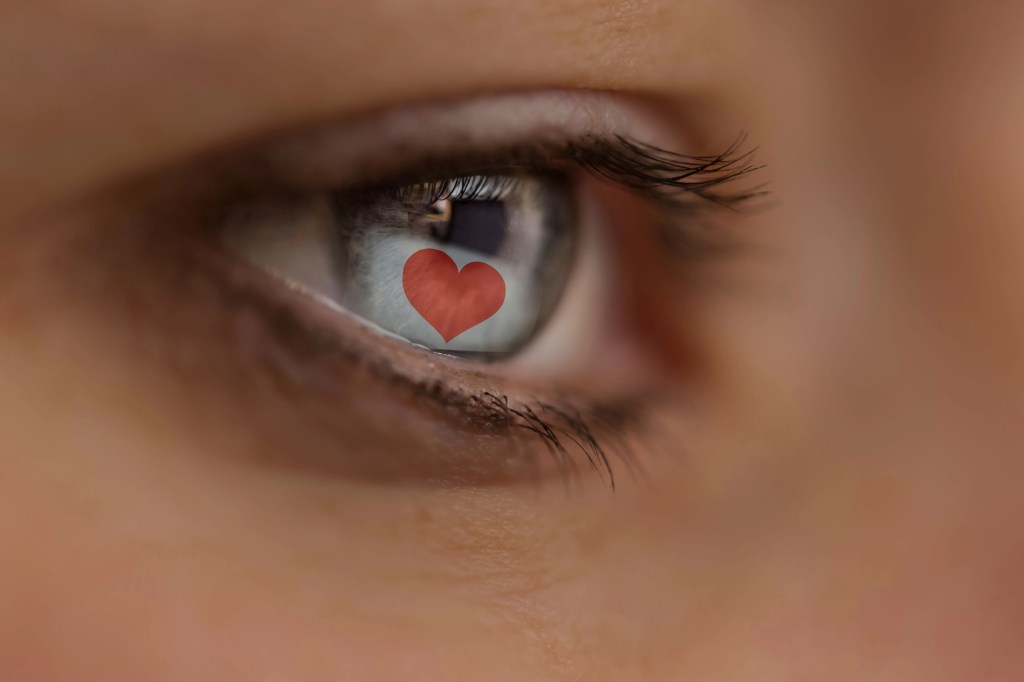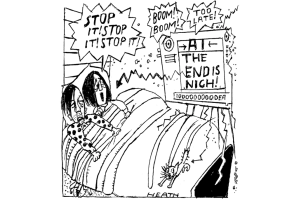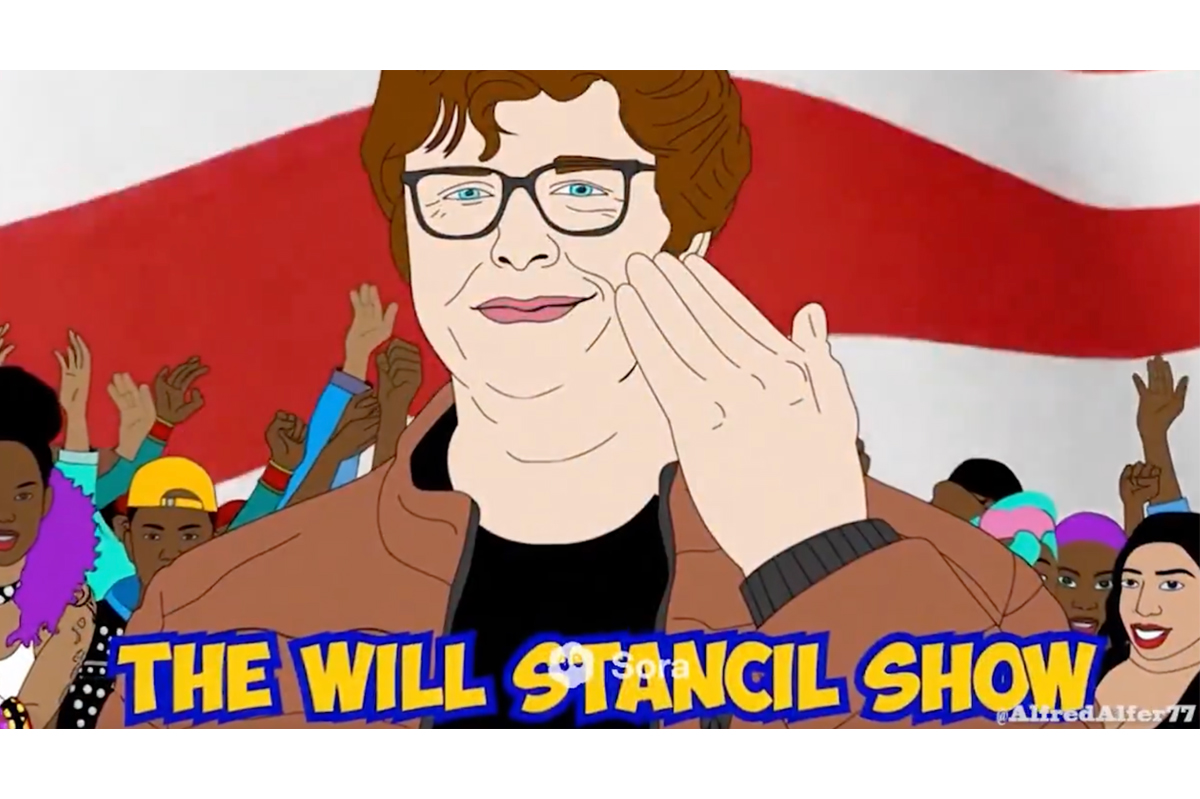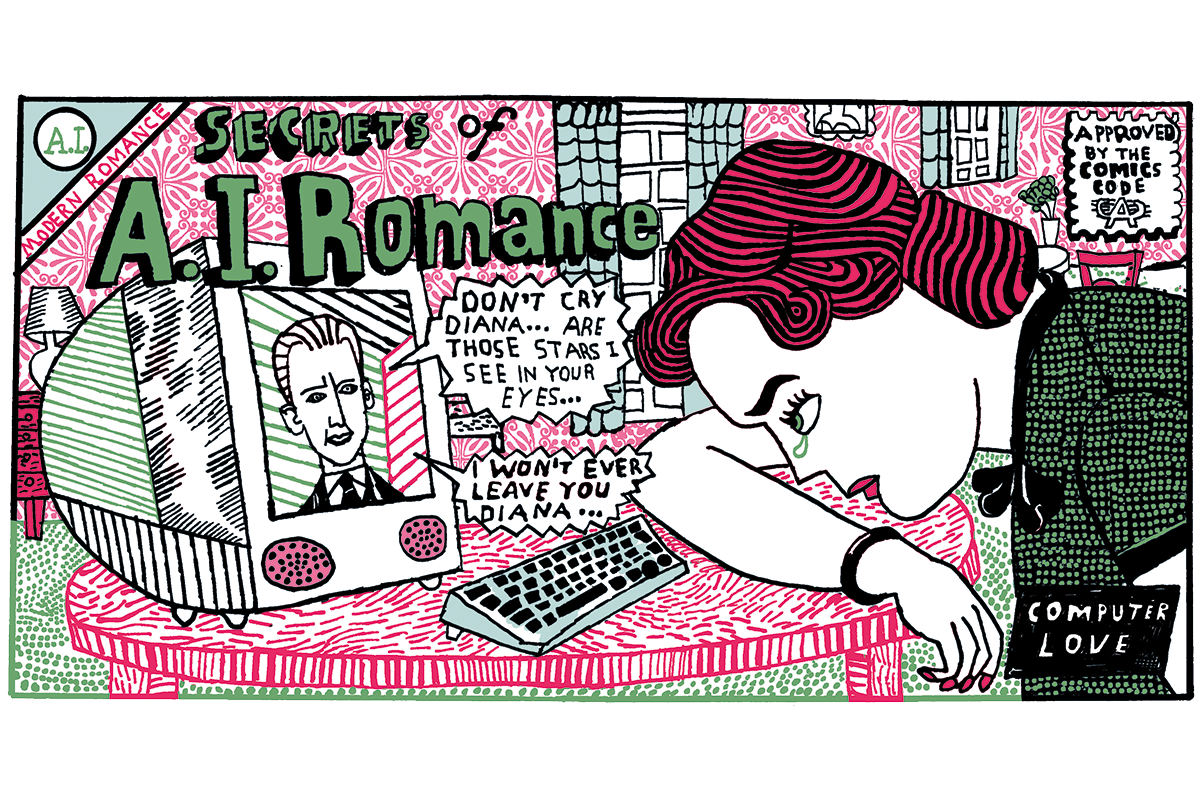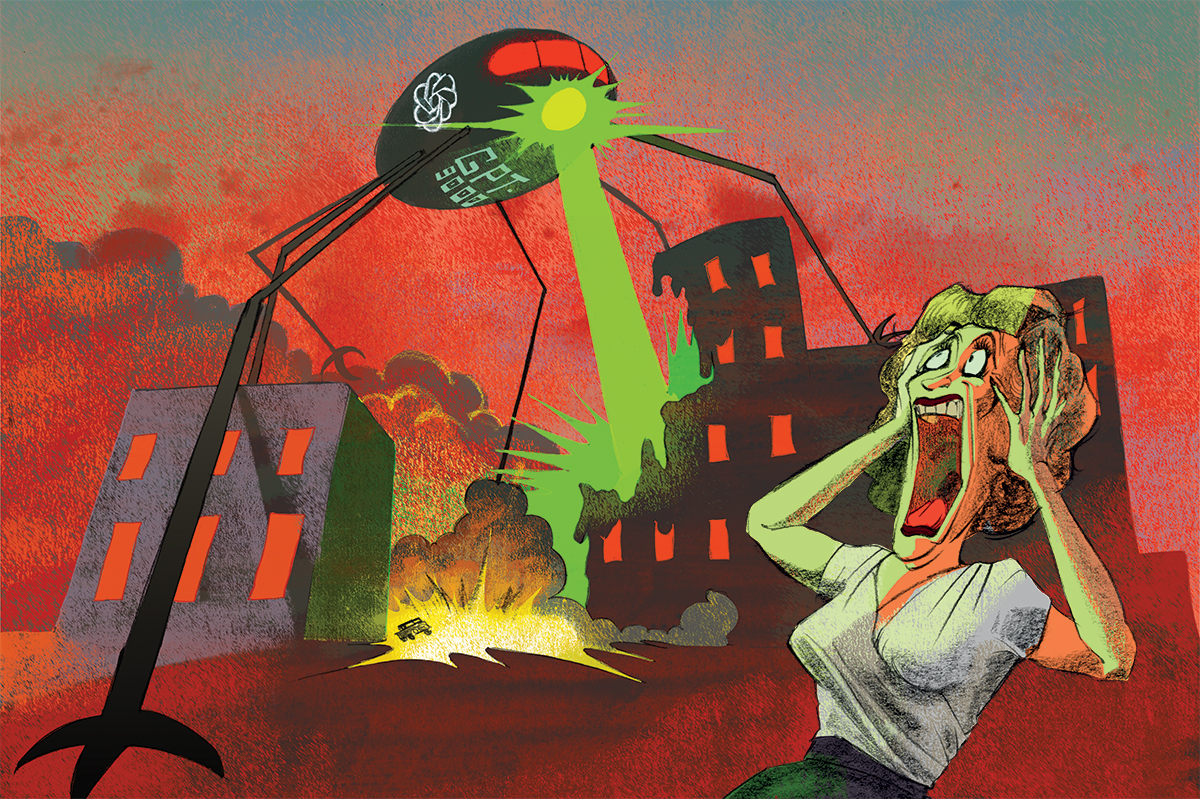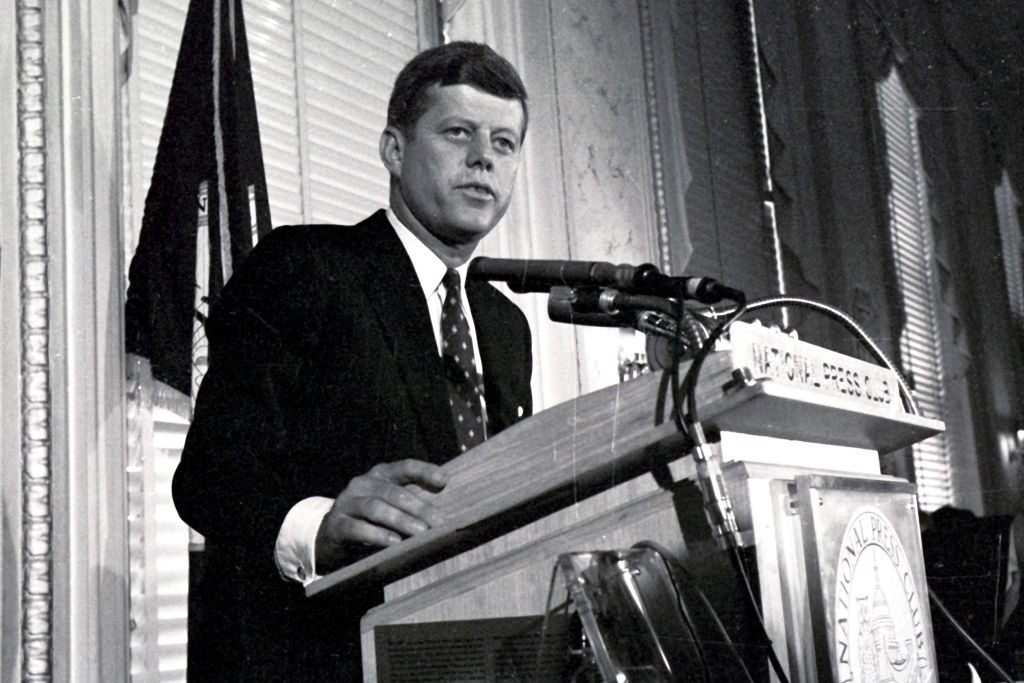The world is home to 7.8 billion people. Roughly one in fourteen of these people (530 million) are on Tinder. Badoo, the second most popular dating app, has “only” 318 million users. Tinder is the most popular dating app in the world, by far.
Now, though, a new challenger appears to be emerging. Unlike Badoo and other less robust dating apps, all of whom try to offer a variation of what Tinder provides, this competitor offers something completely different. You see, this new dating app, a next generation dating app, plans to inject artificial intelligence into matchmaking.
Boasting a punchy tagline, “less talk, more action,” Teaser AI, due to be released this month, will allow users to chat with an AI bot designed to replicate their prospective match before actually conversing with the real person. So far, so sci-fi. So does Teaser AI have any real hope of succeeding?
There is already an app called Replika that offers romantic companionship to users via AI chatbots. If you are picturing a scene from the movie Her, with lonely young men (and women) conversing with artificially generated “people,” then you are picturing correctly. But it’s a sign that online dating is changing, whether we like it or not.
What’s the point in meeting twenty different people when your AI self could do all the heavy lifting? You, the physical you, would only step in once a suitable ‘candidate’ had been identified
In a recent rather brilliant interview with computer scientist Lex Fridman, Simone Giertz, an engineer and inventor, asked listeners to imagine a world where users create AI versions of themselves and have them date “thousands and thousands of other AI people.” Such a strategy, she insisted, could be used as “a way to turn out potential candidates.” She finished by asking: what’s the point in meeting twenty different people, when your AI self could do all the heavy lifting? You, the physical you, would only step in once a suitable “candidate” had been identified. A fascinating, if slightly nauseating, concept.
AI already plays a minor role in online dating. After all, the likes of Tinder and the other 7,999 dating apps in existence are powered by algorithms, the building blocks of AI. However, in the words of Bachman-Turner Overdrive, “you ain’t seen nothing yet.”
In a recent piece for Forbes, Igor Khalatian, the founder and CEO of Iris Dating (an app that “utilizes artificial intelligence to predict mutual attraction”) discussed the many ways in which AI use will rapidly increase in the online dating industry. “AI-powered dating apps,” he suggested, will “use advanced algorithms to analyze and interpret user data, raising the potential for even more personalized and successful matches.”
At the moment, the average Tinder user spends up to ninety minutes per day swiping to say yes or no to the various profiles presented to them. With Iris, Dr. Khalatian aims to make this swiping history — instead, the app “employs AI to sift through large datasets to predict mutual attraction. It identifies who you’re likely to be attracted to, and who would be attracted to you, even before you see each other’s profiles.”
But are AI-powered apps such as Iris and Teaser AI really capable of taking on the behemoth that is Tinder? Dr. Khalatian certainly thinks so. Although “Tinder’s advantage of 530 million users is indeed massive,” he tells me, it is submerged in a sea of “superficial swiping that relies primarily on sexual attraction” and frustrating attempts that try “to predict compatibility between two people.” Users complain about issues such as rude messages, ghosting or unwanted attention. Letting AI do much of the sifting for you could do away with these problems — and help take you straight to someone you’ll be attracted to.
“Mutual attraction is a precious commodity, and for thousands of years, it has been incredibly rare,” Dr. Khalatian says. “But now, for the first time in history, science offers hope that it can be experienced by everybody.”
For now, of course, Tinder still occupies the online dating throne. But if the AI advance continues, in the not-so-distant future, Tinder could be toast.
This article was originally published on Spectator Life.



